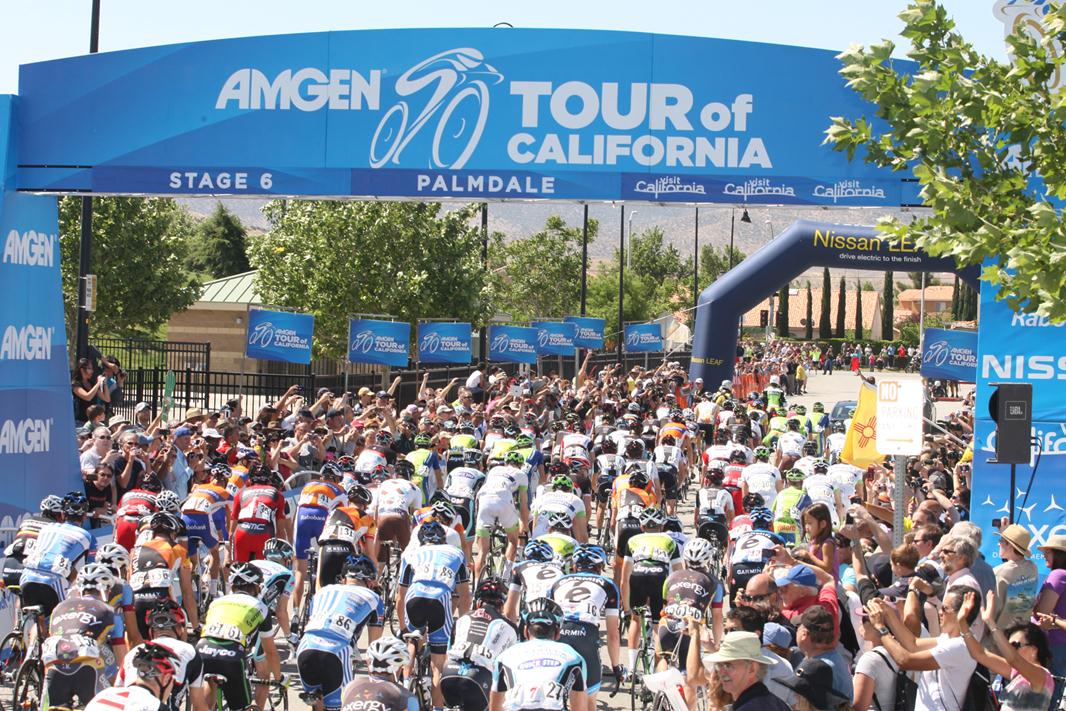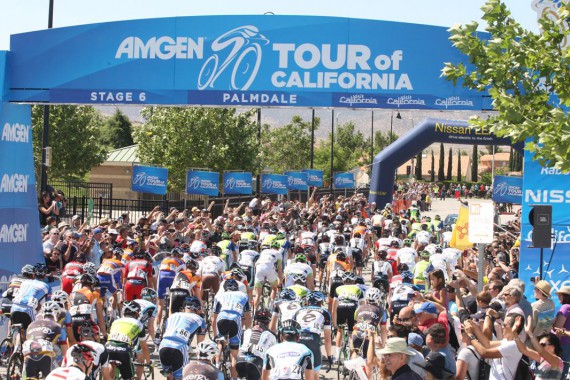
Could you imagine a pharmaceutical company (whose top-selling drugs are anabolic steroids) becoming the title sponsor of a professional bodybuilding contest? What if Unimed, whose top selling drug products are Anadrol-50 (oxymetholone) and AndroGel (testosterone), sponsored the Mr. Olympia Bodybuilding contest resulting in the “Unimed Pharmaceuticals IFBB Mr. Olympia Bodybuilding Championships”?!! Or how about Savient, whose top-selling drug product is Oxandrin (oxandrolone), sponsoring the Arnold Classic resulting in the Savient Pharmaceuticals IFBB Arnold Schwarzenegger Classic Bodybuilding Championships?!! Observers would comment on the irony given that professional bodybuilding is practically synonymous with the use of anabolic steroids.
Interestingly, in the sport of professional cycling, such an unlikely sponsorship has been taking place since 2006 when the biotechnology company Amgen became the title sponsor of professional cycling’s Amgen Tour of California. One prominent cycling commentator called it the “death of irony.” You see, Amgen’s most successful product to date is Epogen (recombinant erythropoietin); it’s second best-selling drug is a long-acting version of Epogen called Aranesp (darbepoietin). Epogen is the most notorious performance-enhancing drug in cycling; Epogen is to professional cycling what anabolic steroids are to professional bodybuilding!
If the controversial title sponsorship was not enough, Tour of California organizers accidentally forgot to drug test riders for Epogen during the inaugural 2006 Amgen Tour of California. They tested for all other banned drugs but simply forgot to test for Epogen!
And why is Amgen spending $35 million sponsorship over a 5-year commitment on professional cycling? Is it because professional cyclist represent proof of the miraculous performance-enhancing effects of their products? Not exactly. Amgen’s scientific director Dr. Steven Elliott explains:
Our opportunity is to educate cyclists that there is an appropriate way to use a drug, and doping in sport is not it… Our medicines were made because we want to treat grievous illnesses. They’re not for enhancing performance in sport.
I think the sport of professional bodybuilding could use a $35 million infusion by a giant pharmaceutical company who manufacturers anabolic steroids and/or human growth hormone who could use the sponsorship as an opportunity to promote the therapeutic benefits of anabolic steroids and other performance-enhancing drugs.
But then again, along with the Amgen sponsorship of the Tour of California came pressure to expand anti-doping testing and improve anti-doping procedures.
The upcoming 2008 Amgen Tour of California cycling road race will adopt the most comprehensive anti-doping protocol in cycling history it was announced by Andrew Messick, president, AEG Sports, presenter of the race, at a press conference today.
This is something that professional bodybuilding probably does not want.

About the author
Millard writes about anabolic steroids and performance enhancing drugs and their use and impact in sport and society. He discusses the medical and non-medical uses of anabolic-androgenic steroids while advocating a harm reduction approach to steroid education.

Leave a Reply
You must be logged in to post a comment.